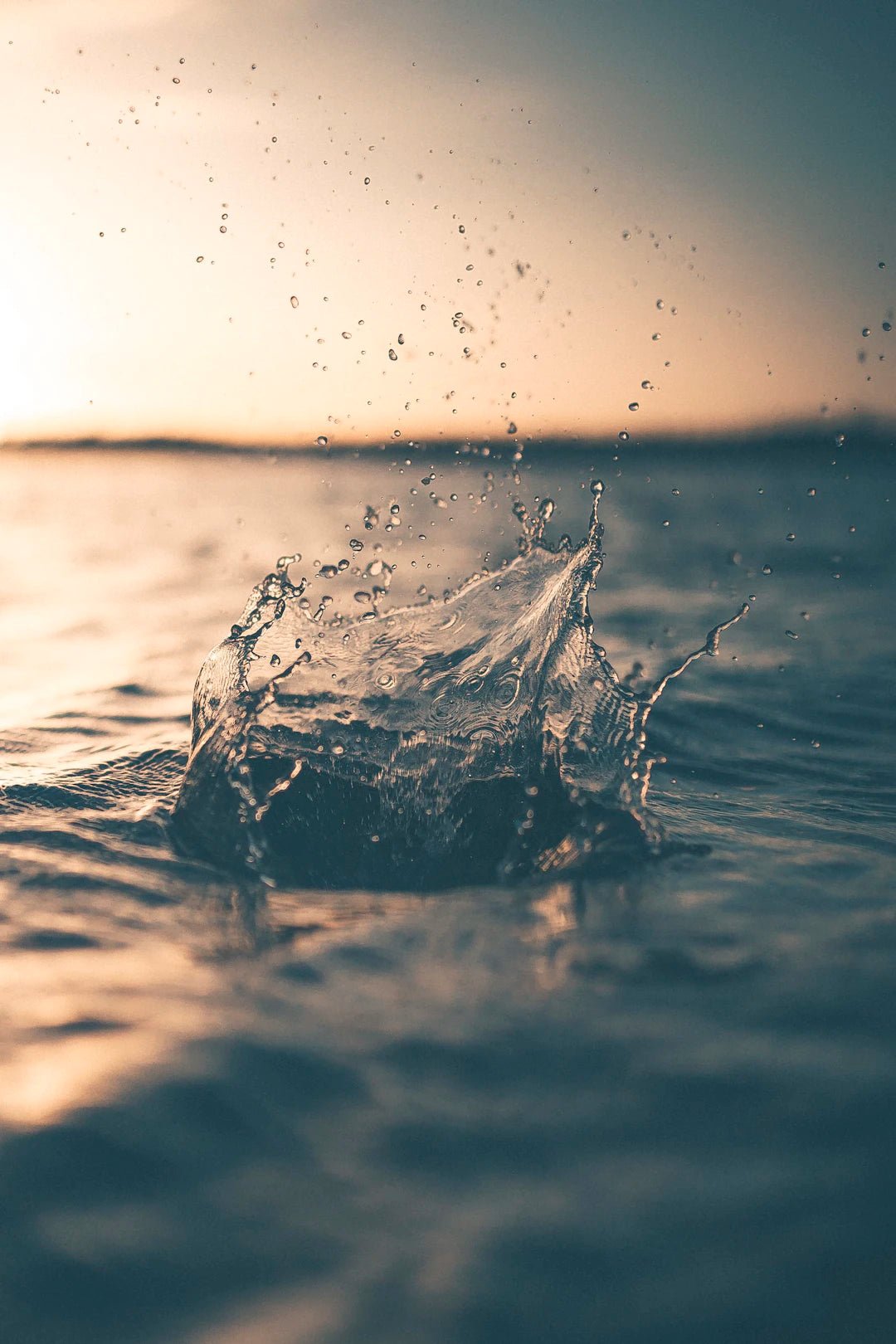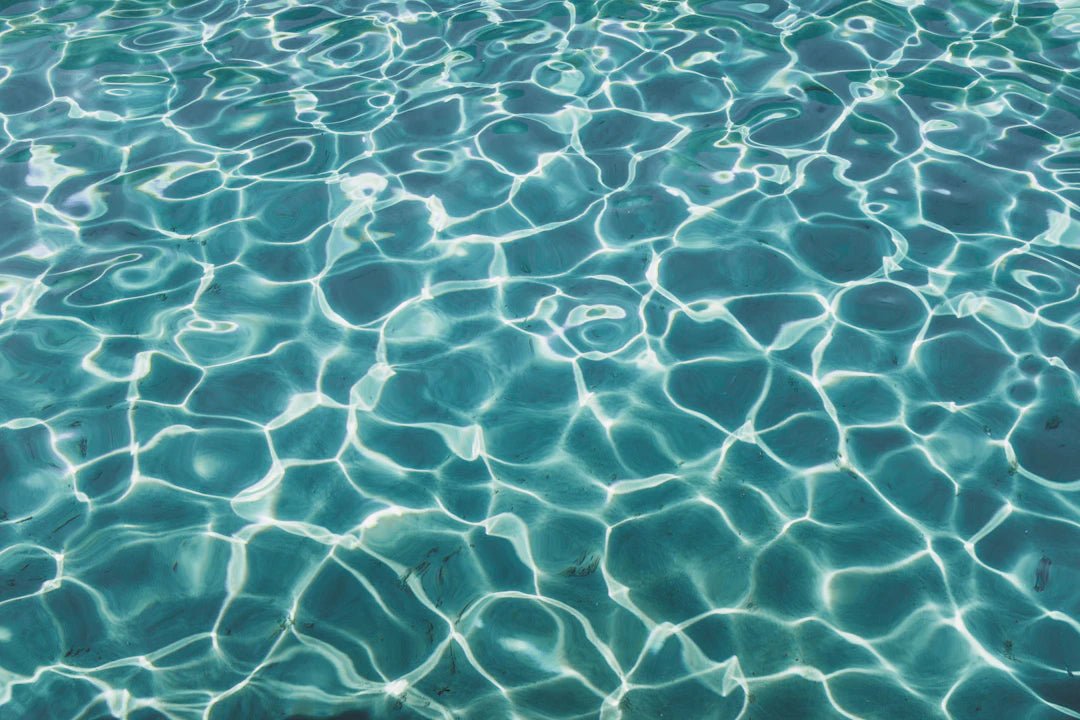The Environmental Impact of Reverse Osmosis Technology
As we navigate through a world increasingly concerned with environmental sustainability, one technology that stands out for its capabilities is reverse osmosis. This water filtration system, widely used in households and industries alike, raises essential questions about its impact on our planet. Today, we will explore the environmental implications of reverse osmosis, particularly as they relate to Australia. Understanding the role of technologies like the Rippl Pure Glass Drink Bottle can help consumers make better choices for the planet and their health.
What is Reverse Osmosis?
Reverse osmosis (RO) is a water purification technology that removes contaminants from water by using pressure to force it through a semi-permeable membrane. This process effectively eliminates a range of impurities, including salts, microorganisms, and other harmful substances. While this technology provides significant benefits when it comes to access to clean drinking water, there are associated environmental considerations that need to be discussed.
The Water Filtration System: Benefits and Drawbacks
When it comes to drinking water, utilizing a water filtration system like reverse osmosis has both advantages and disadvantages. Understanding these can influence your buying decisions, especially if you’re considering products like the Rippl Pure Glass Drink Bottle.
Benefits of Reverse Osmosis
- Effective Contaminant Removal: RO systems are incredibly effective at eliminating harmful microorganisms and chemical substances.
- Improved Taste and Odor: The technology enhances the taste and smell of water, encouraging more people to drink adequate amounts of water daily.
- Accessibility: Reverse osmosis technology makes it possible to access clean water, which is crucial in regions where tap water is unsafe or unpalatable.
Drawbacks of Reverse Osmosis
- Water Wastage: One of the key criticisms of reverse osmosis technology is the significant amount of water wasted during the filtration process, which can contribute to water scarcity in places like Australia.
- Energy Consumption: The reliance on electric pumps for pressure generation can be harmful to the environment, especially when derived from non-renewable energy sources.
- Cost: The initial investment in RO systems can be substantial, which may deter many consumers from opting for this technology.
Environmental Concerns Related to Reverse Osmosis
While reverse osmosis offers excellent advantages for purifying water, it is essential to address its environmental footprint. The implications are particularly relevant in Australia, where resources are limited, and water preservation is critical.
Water Scarcity in Australia
Australia is known for its periodic droughts and water shortages, making water conservation a priority. The reverse osmosis process can produce a considerable amount of wastewater, often wasting three to four gallons for every gallon of filtered water. This statistic raises concerns, especially in regions facing water restrictions.
Impact on Local Ecosystems
The disposal of concentrated brine waste can negatively impact local ecosystems when released back into water bodies. In Australia, where many species are sensitive to changes in salinity, this impact can be profound. As we adopt technologies like reverse osmosis, the potential harm to aquatic life must also be considered.
Making Eco-Conscious Choices
As consumers, it is crucial to think about how our choices affect the environment. For those still in search of clean water solutions, options are available to reduce the negative impact of reverse osmosis systems.
Opt for Efficient Water Filtration Systems
If you decide on a water filtration system, consider one that minimizes water waste. Some advanced reverse osmosis systems are designed with water-saving features, which help to keep consumption in check. Products like the Rippl Pure Glass Drink Bottle can serve as an eco-friendly alternative to single-use plastic bottles, reducing overall plastic waste.
Utilize Rainwater Harvesting
In Australia, rainwater harvesting presents an excellent opportunity to supplement water needs. By collecting rainwater and using it for irrigation or non-potable uses, households can reduce reliance on municipal water supplies, thereby easing the burdens of systems that might employ reverse osmosis.
Alternatives to Reverse Osmosis
For households seeking viable alternatives to reverse osmosis technology, there are several filtration methods to consider that can provide clean drinking water while potentially having a lower environmental impact.
Activated Carbon Filters
Activated carbon filters are widely known for their ability to absorb contaminants, thus improving water taste and odor. They generally don’t waste water like reverse osmosis systems and consume less energy overall.
Ultraviolet (UV) Purification
UV water purification systems use ultraviolet light to kill bacteria and viruses. These units typically require less upkeep and can complement existing filtration systems without wasting water.
Ceramic Filters
Ceramic filters can also be effective for purifying water, filtering out bacteria while allowing beneficial minerals to remain. These systems are relatively low cost and have minimal environmental impact, making them a viable alternative.
Packaging and Consumer Choices
Another aspect to consider when discussing the environmental impact of reverse osmosis technology is the packaging associated with bottled water. While the convenience of bottled water may appeal to consumers, the use of plastic bottles adds significantly to environmental pollution.
Opting for a sustainable solution like the Rippl Pure Glass Drink Bottle not only helps reduce plastic waste but also encourages a more mindful approach to hydration. By using a reusable water bottle, consumers can take action toward reducing their carbon footprint.
The Path Towards Sustainable Water Use
As much as we value technologies like reverse osmosis for their capability to provide clean drinking water, we must remain vigilant. Exploring sustainable choices, from the systems we choose to the packaging we use, can make a significant difference.
When consumers invest in environmentally friendly solutions such as the Rippl Pure Glass Drink Bottle, they are partaking in a larger movement toward eco-conscious living. Encouraging practices that reduce water waste and minimize energy consumption not only benefits individuals but also supports local ecosystems and future generations.
Ultimately, making informed choices about our water consumption and filtration habits is critical—for our health and for the health of the planet. So, the next time you drink from your Rippl Pure Glass Drink Bottle, remember that you’re making a valuable contribution to eco-friendly water use.
By enriching our knowledge about technologies, their impacts, and alternatives, we empower ourselves to create a sustainable future for Australia and beyond. Happy hydrating!
Explore the creations of a fellow Shopify or Wix store owner. Follow this link to their online store. Please be advised that this is a promotional link, and we cannot guarantee the content of the linked store.



